But not every debt consolidation strategy is appropriate for every situation. Make sure to take into account all aspects of your finances, such as income and creditworthiness, before deciding on a consolidation strategy.
1. A reduction in interest rates
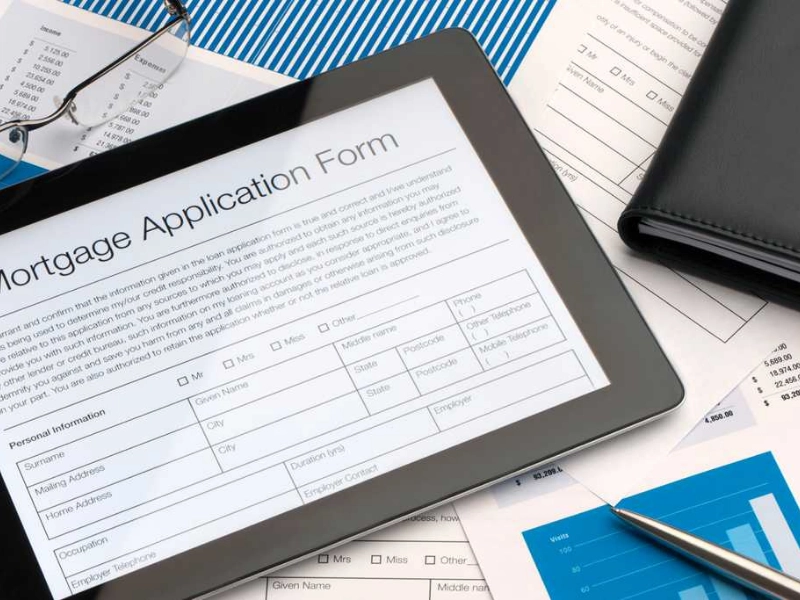
You may be able to reduce your interest costs by paying off your credit card debt with a debt consolidation loan. A debt consolidation loan may come with costs, but it won't necessarily alter your spending patterns, and you'll still need to manage your budget well in order to stay out of debt in the future.
If you can qualify for a low-interest rate and have decent credit, a debt consolidation loan can be a smart option. To compare lenders without affecting your credit score, use a personal loan marketplace such as LendingTree. Make sure the loan amount is sufficient to pay off all of the bills you need to consolidate.
You may need to think about other options if your credit is fair or bad and you don't want to jeopardise your house or retirement funds. These could consist of 401(k) and home equity loans.
2. Make payments simpler.

Having to keep track of numerous payments and due dates can make managing various credit cards and loans onerous. By merging debts into a single monthly payment sent to a single institution, debt consolidation can streamline the process.
Getting a home equity line of credit, applying for a credit card with a 0% interest balance transfer, or taking out a personal loan are a few common methods of debt consolidation. It's crucial to thoroughly weigh your options and select the one that best fits your creditworthiness, aspirations, and financial circumstances.
However, bear in mind that debt consolidation won't pay off your existing debt or alter the spending patterns that led you to fall into problems in the first place. Even so, it's critical to assess the reasons behind your debt and identify any underlying issues that might require attention.
3. Ease of stress

Significant stress is frequently caused by debt, particularly if it is out of control. High anxiety can have an impact on sleep habits, productivity at work, and general quality of life. It can also be caused by persistent worries about making debt payments, managing several bills, and resolving creditor issues.
Due to its ability to streamline payments, possibly cut interest rates, and provide a more definite payback schedule, debt consolidation may help people feel less stressed. But it's crucial to keep in mind that a debt consolidation loan should just be a component of a larger plan to better manage finances and change spending patterns. If you don't, you run the danger of piling up debt and raising your credit utilisation rate, both of which will lower your credit score. Seeking a debt management plan (DMP) or debt settlement may be a better choice for reducing stress. These are two choices that can alleviate financial pressures and reduce monthly costs.
4. Raise your credit score.
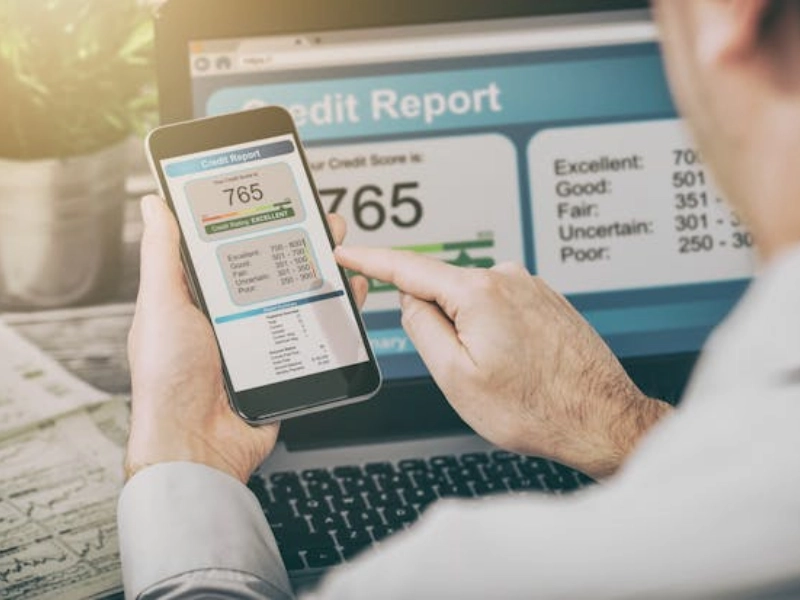
Depending on the strategy you use, debt consolidation may improve or lower your credit scores. For instance, because you're opening a new account and raising your utilisation rate, transferring debt to a balance transfer card or getting a new loan will lower your credit score. Nonetheless, your credit score ought to rise in due course if you make timely loan payments and develop good repayment practices.
Additionally, it's critical to confirm that you have sufficient cash flow to pay for both the monthly debt service payments and any penalties you may incur for missing or late payments. Additionally, you ought to look for lenders who provide pre-qualification, which establishes your eligibility through a soft credit inquiry rather than causing a negative impact on your credit score.
5. Pay Off Your Debt
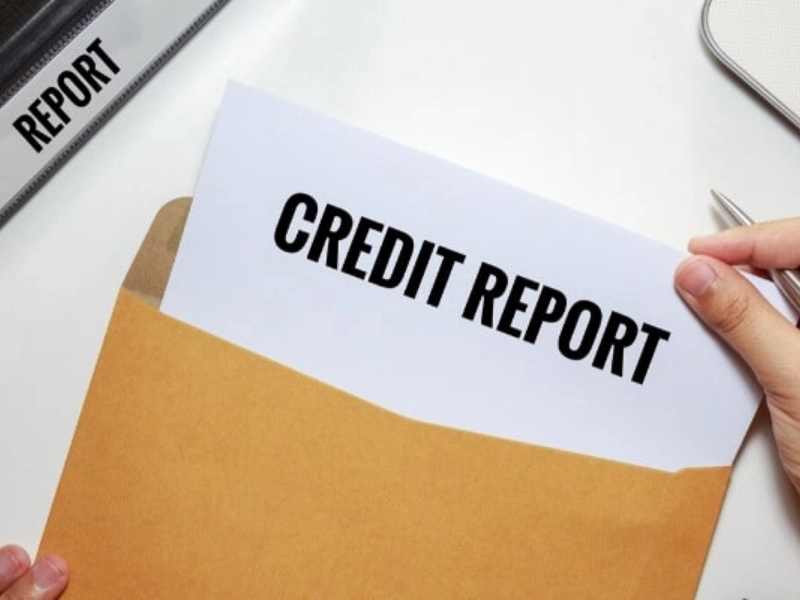
The procedure for consolidating debt is straightforward: you pay off your existing loans once a lender approves you for a new loan, typically a balance-transfer credit card or personal loan. You may concentrate on paying off your debt and meet your payback objectives with just one payment.
However, ensure that your cash flow can support the debt consolidation payments before applying. And keep in mind that if you run up your credit cards once again or forget to make a payment on the new loan, debt consolidation can lower your credit ratings. Additionally, it isn't a cure for persistent financial problems that call for adjustments in spending patterns, low-cost living expenditures, and financial counselling. Visit NerdWallet's Guide to Debt Consolidation to find out more about how it operates. Additionally, determine if it makes sense for you by using our debt calculator.
Recommended Reading: How to Select the Best Attorney for Your Legal Requirements



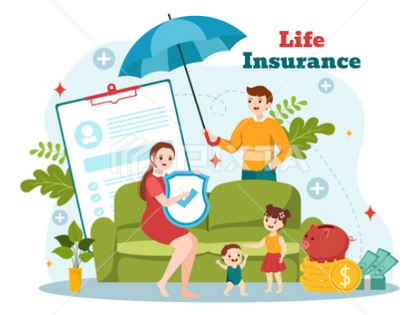

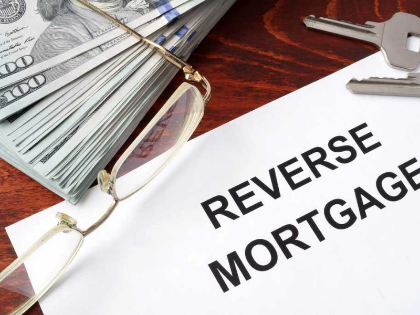


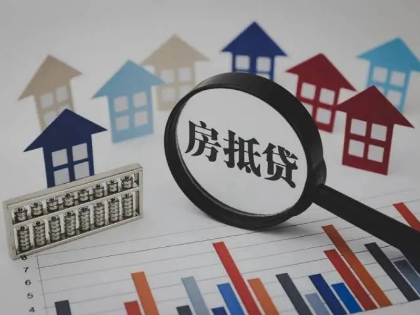




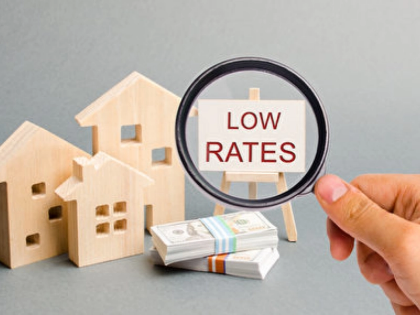

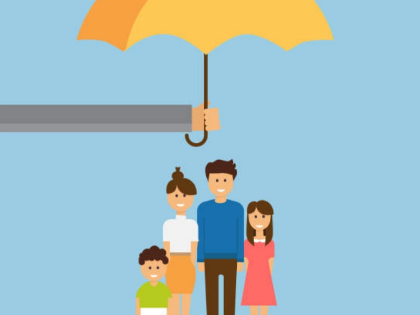
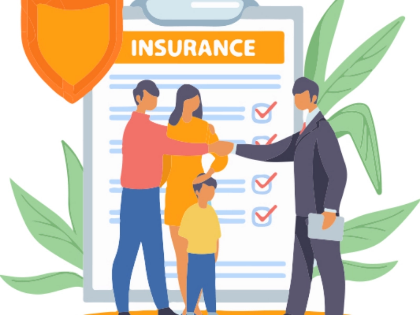
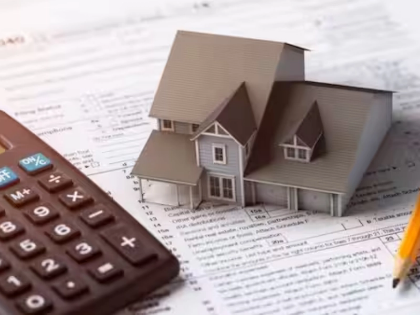
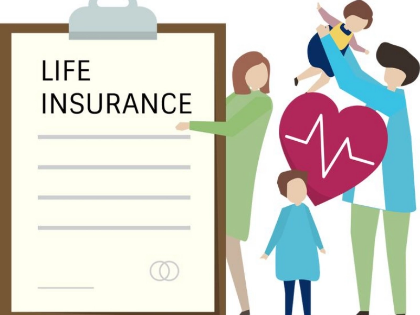





Provides a trustable north star.
Triggers a quality bar rethink.
Adds oxygen to the topic.
Reduces narrative entropy.